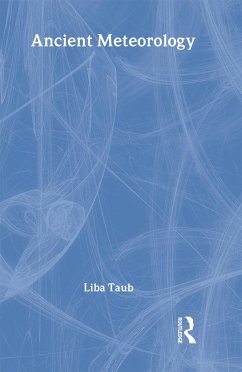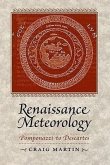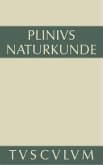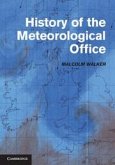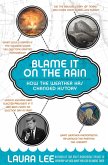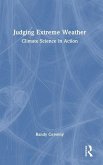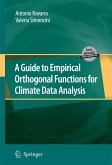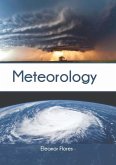"Ancient Meteorology" discusses Greek and Roman approaches and attitudes to this broad discipline, which in classical antiquity included not only "weather," but occurrences such as earthquakes and comets that today would be regarded as geological, astronomical or seismological. Given the predominance of farming in ancient society, it is not surprising that so much was written about the prediction and explanation of weather and how to respond to its cruelties and kindnesses. But the study of ancient meteorology was not only a practical matter. Poets, philosophers and physicians were also concerned with meteorology, posing important questions about the nature of the world and how we understand it, about the unity and character of the cosmos, and about the relationship between meteorology and the divine. The author discusses the variety of ancient texts which communicate meteorological and scientific ideas, from Homeric epic and the didactic poetry of Hesiod, Aratus and Lucretius, to works such as Aristotle's Meteorology, the Hippocratic medical treatise on Airs, Waters, Places and Seneca's Natural Questions. The range and diversity of this literature highlights the question of scholarly authority in antiquity and illustrates how writers responded to the meteorological information presented by their literary predecessors. The first book of its kind in English, "Ancient" "Meteorology "will be a valuable reference tool for classicists and those with an interest in the history of science.
Hinweis: Dieser Artikel kann nur an eine deutsche Lieferadresse ausgeliefert werden.
Hinweis: Dieser Artikel kann nur an eine deutsche Lieferadresse ausgeliefert werden.

